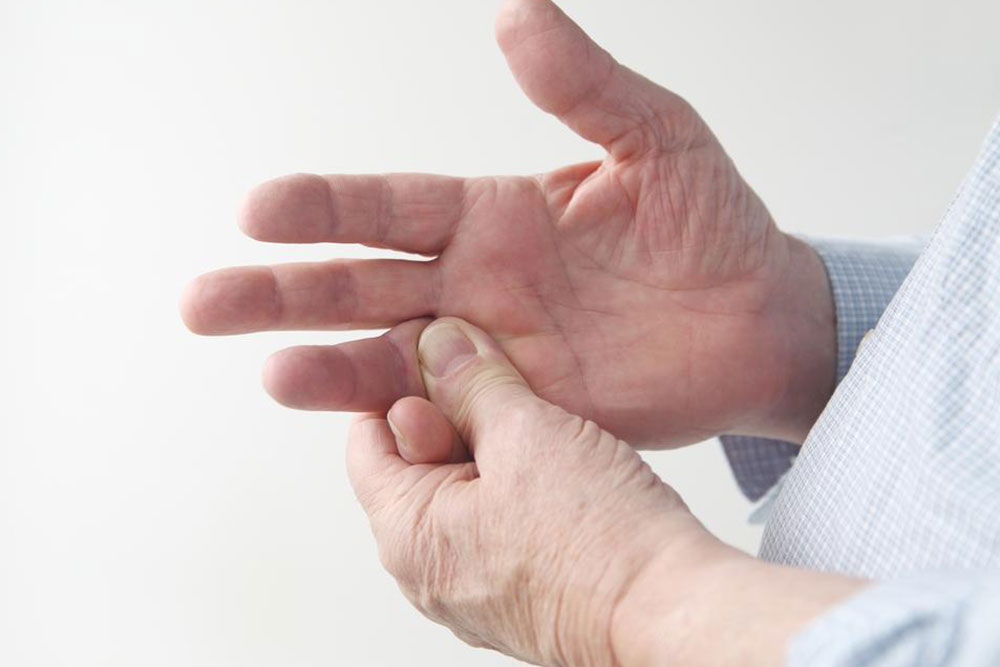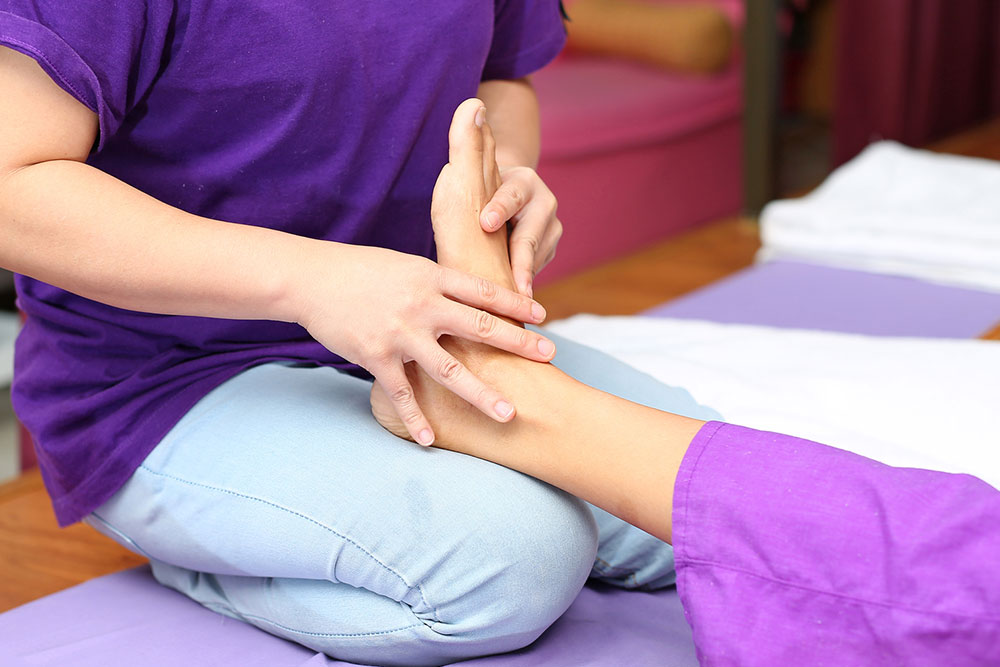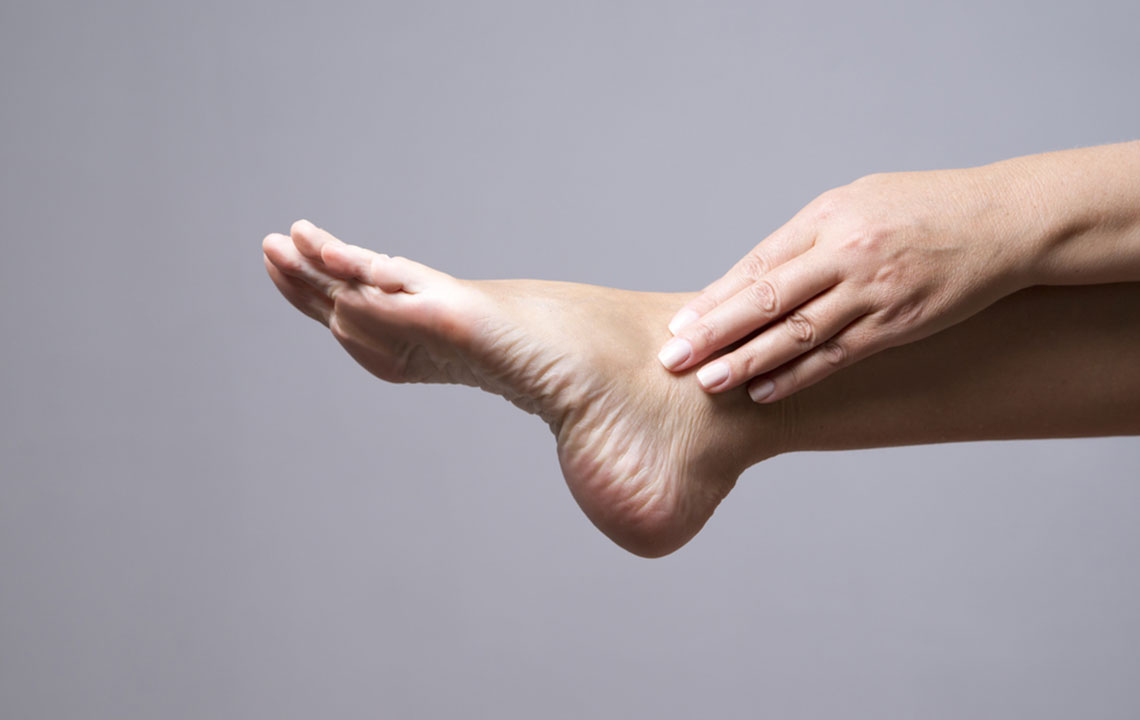Top 5 Causes of Tingling in Hands and Feet You Should Be Aware Of
Discover the top five common causes of tingling in your hands and feet, including nerve compression, vitamin deficiencies, diabetes, hypothyroidism, and alcohol use. Understand symptoms, causes, and when to seek medical advice to ensure proper diagnosis and treatment. The article offers insights into the underlying health issues that can trigger these sensations, emphasizing the importance of seeking professional care for persistent or severe symptoms. Stay informed to protect your nerve health and overall well-being.

Occasional tingling or a pins-and-needles sensation in your hands or feet is common and often harmless. Typically, this happens when you remain in the same position for too long, such as sleeping awkwardly or crossing your legs, which slows blood flow temporarily. Moving and stretching usually resolve the sensation. However, if numbness persists or recurs frequently, consult a healthcare professional promptly. Diagnostic tests like blood work, EMG, CT scans, or MRIs may be recommended to identify underlying issues. Results help determine if causes are benign or indicate serious health conditions.
Some frequent causes of tingling in hands and feet include:
Compressed nerves: Pinched nerves in the neck or back, often due to arthritis, injuries, or poor posture, can cause tingling radiating to limbs.
Vitamin deficiencies: Insufficient levels of vitamins B1, B6, B12, E, and niacin are crucial for nerve health. Deficiencies, especially in B12, may lead to numbness accompanied by fatigue and anemia. Excess B6 intake can also cause similar symptoms.
Other causes include:
Diabetes: High blood sugar levels can damage peripheral nerves, resulting in tingling initially in the feet and later in the hands and arms.
Hypothyroidism: An underactive thyroid can cause symptoms like fatigue, weight gain, dry skin, and tingling sensations.
Alcoholism: Excess alcohol intake can harm nerves and contribute to vitamin deficiencies, leading to numbness and tingling.
Disclaimer: Our blog provides valuable information across various topics based on research and data. It is not a substitute for professional medical advice. Always consult a healthcare provider for medical concerns, and note that some information or offers may vary or be updated over time.










